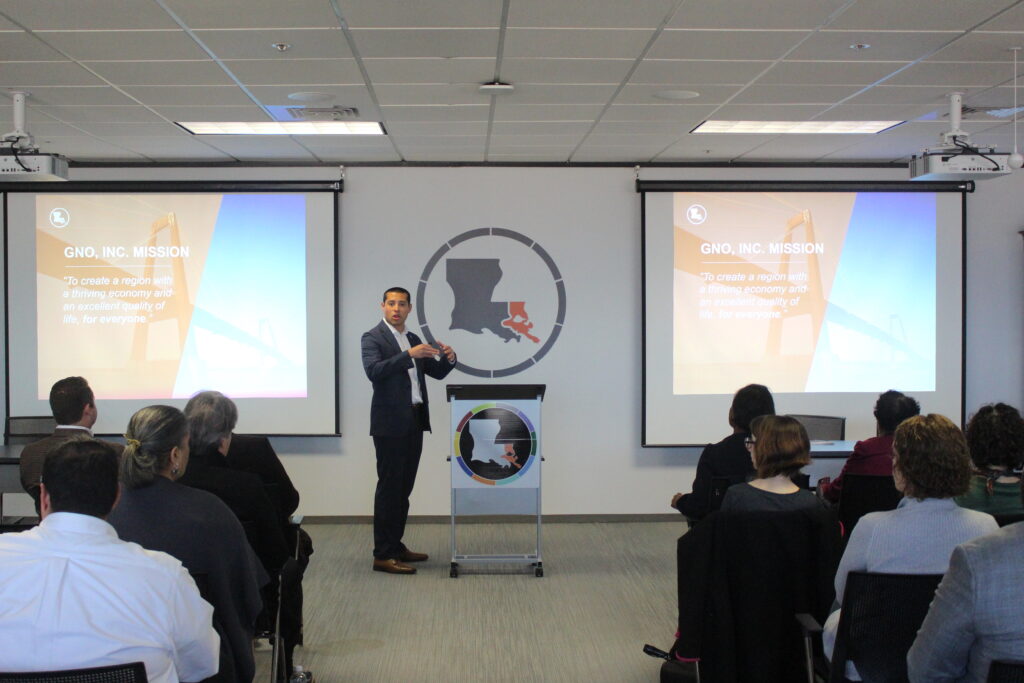
Dillard wants to train students in water management, preparing them for crucial jobs in La.
Dillard University students will have an opportunity to prepare for water management jobs in government agencies and the private industry in a new program being established this fall, the university announced.
Dillard stated its Urban Water Management Certificate Program is the first and only program of its kind in Louisiana, according to a Dillard news release. The program is designed to teach students how to handle flooding from hurricanes, as well as stormwater management, sinkholes, and sinking land caused by subsidence. Students will also learn how to protect cities from water-borne illnesses by providing clean and safe water to residents.
Although it’s not a degree-seeking program, Dillard said the classes will count as general elective credits for any student regardless of their major. Students will earn the certificate by completing program activities and four courses, including the new Introduction to Urban Water Management and the new Urban Water Management Seminar. Dillard is also planning “to package” the program as a continuing studies program for those who work in fields such as urban planning, government, architecture, and structural engineering.
The program will be directed by Dillard’s Urban Studies & Public Policy Program advisors. Dillard stated the certificate program came about after “brainstorming” with Greater New Orleans, Inc. to find areas where Dillard could offer something that aligns with the workforce needs of the region.
Dillard stated water management will be among the top six growth industries over the next 10 years. The industry currently employs 34,350 people, and Dillard stated 14,000 job openings will need to be filled going forward. In a statement, Dillard’s Urban Studies & Public Policy professor Robert Collins said the program will help put New Orleans “on the cutting-edge” of the nationwide Urban Water Management industry.
“Right now, there are no training programs focused the unique challenges of the Gulf Coast region, so we know there is both a need and a market for this program,” Collins said.
To read the full article click here.


